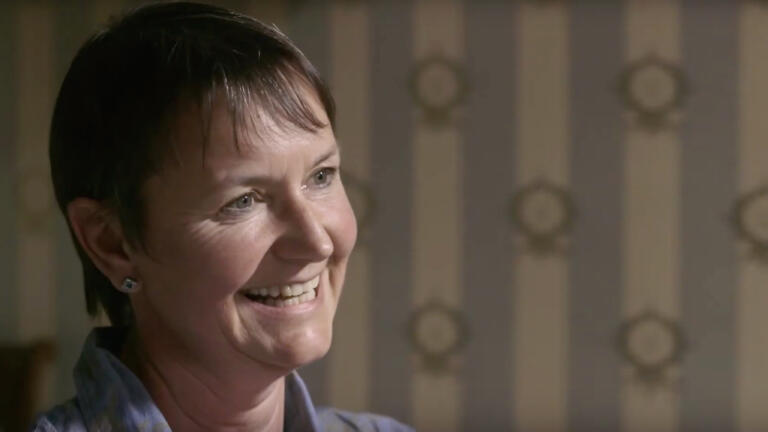Costume Supervisor
Role
Working with the designer to realise his/her vision, ensuring all costumes fit within the overall production design – with particular attention to historical detail on period dramas – and managing the Costume Department, which varies in size depending on the scale of a production.
Responsibilities
- Ensuring that all costumes are delivered within budget and to schedule
- Supervising the work of a team of Costume Makers and assistants
- Liaising with all departments, particularly the designer and Stage Management regarding costume measurements, fittings and alterations
Key Skills
Further Reading
- Stage Costume – Step-by-Step by Mary T Kidd, 2002
- Costume and Make-Up by Michael Holt, 1988
Training
Vocational training in Costume is on offer in many drama schools and some traineeships are available with larger theatre companies. Some people begin by working voluntarily in Wardrobe Departments in local theatres, progressing through the ranks of Costume Assistant and maker.
Skills are developed on-the-job while gaining useful industry contacts, which are vital for securing future work. Some people seek additional specialist training, for example in tailoring and millinery, to increase their skills-base and employability.
Courses
Other courses are available. Those above represent a sample from various drama schools and universities.
